What Is Eco-Fiction?
Whenever I tell people what I write, their follow-up question is inevitably: What is Eco-Fiction? Is that like climate stuff?
And to a point, the answer is yes…and no.
Eco-fiction is broadly defined as fiction (made-up stories) that are nature-oriented or environment-oriented. So yes, Eco-Fiction can include climate-change but it can also include stories about nature on a broader scale. It’s not just the adrenaline-inducing drama of absurd weather events or dystopian accounts of a world without essentials, it includes softer stories too – stories of survival within nature, stories of sentient nature, stories where the eco-system is a character. Eco-Fiction is a multi-genre term.

Allow me to explain with three examples of books I would classify as Eco-Fiction.
First, The Overstory by Richard Powers.
At 542 pages, this is a beautiful juggernaut of literary fiction that falls under the Eco-Fiction umbrella.
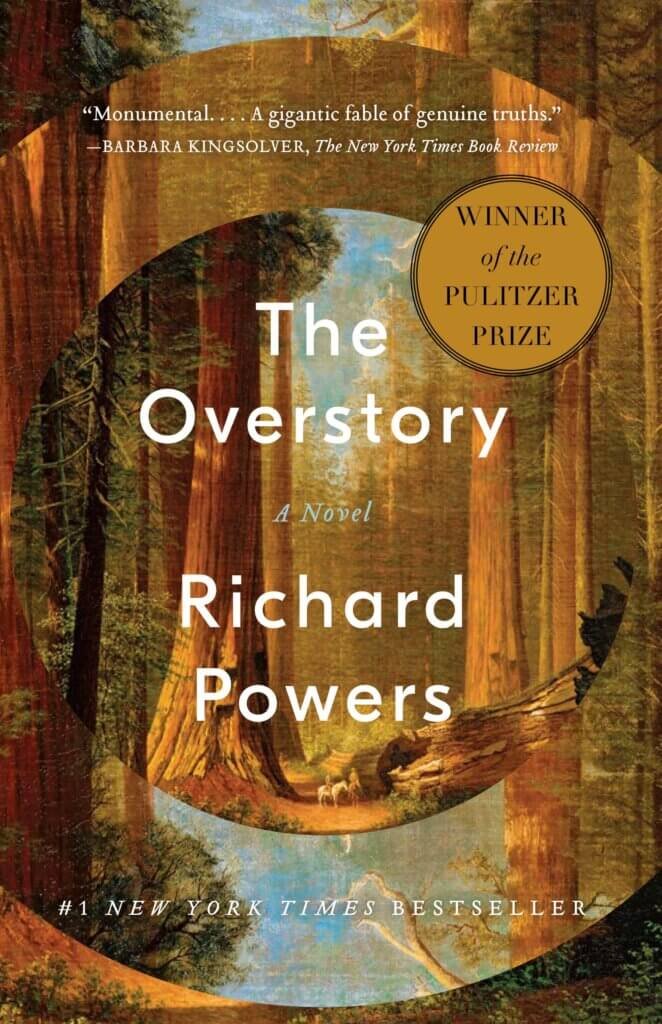
“There is a world alongside ours – vast, slow, interconnected, resourceful, magnificently inventive, and almost invisible to us. This is the story of a handful of people who learn to see that world and who are drawn into its unfolding catastrophe.”
From the back blurb of The Overstory by Richard Powers
While this book follows nine characters and their connection to the natural world, it is ultimately about trees and their importance to the overall ecosystem. One of the characters says, “What do stories do? They kill us a bit and make us change.” Just like that character says, this is one of those books that sits with you. I didn’t find it uplifting, but that wasn’t the point. The idea that trees are the lifeblood of the planet left me feeling inspired to continue to plant trees that will outlive me. Obviously, this book falls within the Eco-Fiction umbrella of nature-oriented fiction so let’s look at one that’s a little less obvious.
The Bear by Andrew Krivak
This book comes in at a brisk 221 pages and is one of those stories that defies easy classification. It can be considered a fable, science-fiction/fantasy, or even a coming-of-age story, but also, it falls under Eco-Fiction.
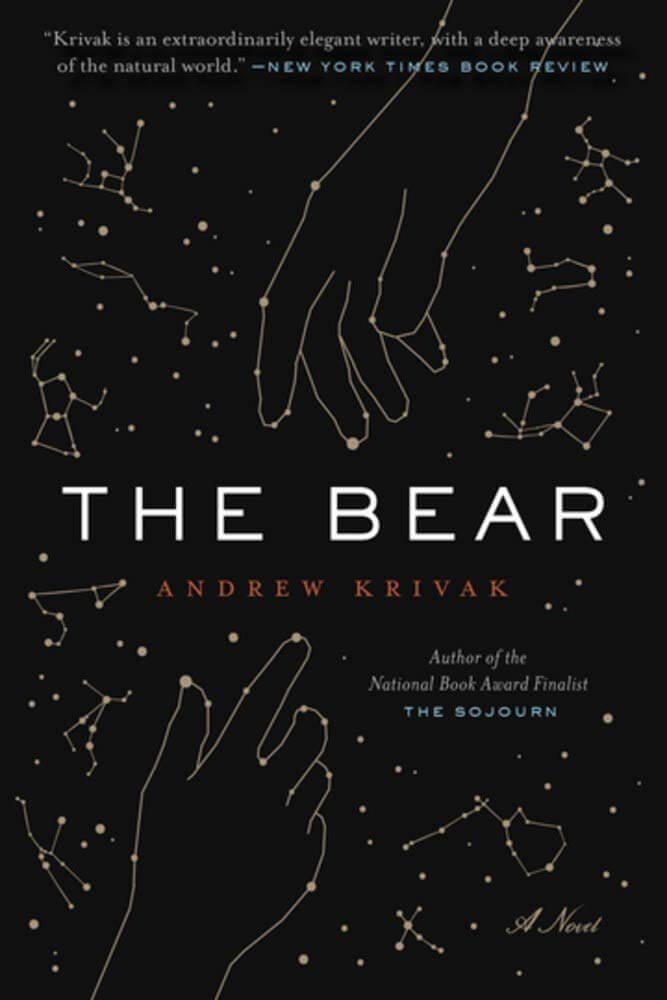
“A cautionary tale of human fragility, of love and loss, The Bear is a stunning tribute to the beauty of nature’s dominion.”
From the back blurb of The Bear by Andrew Krivak
The Bear is the story of a girl and her father as the last humans alive as they survive within nature. Written in simple but poetic prose, Krivak explores humanity’s connection to the land and our dependence on it for survival. This book is slow-paced but stunningly beautiful. It follows the girl’s journey as a bear leads her home through grief and loss.
This one is an example of end-of-the-world dystopian without the typical dark overtones that usually follow a dystopian novel. Instead, this one focuses on the connection with nature and ultimately resonates a sense of peace.
The Bear follows two characters along with the changing seasons of nature and is quite different from what would typically be thought of as a climate-focused novel, but it still can be considered Eco-Fiction because of its focus on nature. Now let’s look at one that is totally out there.
Annihilation by Jeff Vandermeer
This book is the first of a trilogy and comes in at 208 pages. It falls under a whole slew of different genres including horror, thriller, science fiction, fantasy, speculative fiction, and a lovely genre called the new weird. I believe it can also be considered Eco-Fiction.
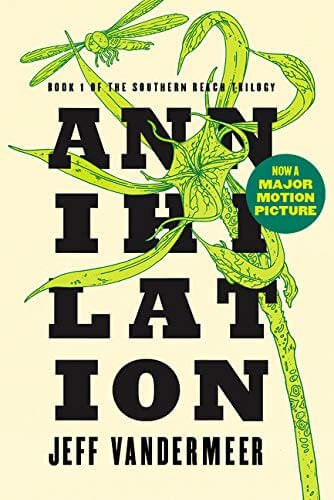
Area X has been cut off from the rest of the continent for decades. Nature has reclaimed the last vestiges of human civilization, and the government is involved in sending secret missions to explore Area X. The first expedition returned with reports of a pristine, Edenic landscape; all the members of the second expedition committed suicide; the third expedition died in a hail of gunfire as its members turned on one another; the members of the eleventh expedition returned as shadows of their former selves, and within months of their return, all had died of aggressive cancer.
From the back blurb of Annihilation by Jeff Vandermeer
…
What they discover shocks them: first, a massive topographic anomaly that does not appear on any map; and second, life forms beyond anything they’re equipped to understand. But it’s the surprises that came across the border with them that change everything-the secrets of the expedition members themselves, including our narrator. What do they really know about Area X-and each other?
This book follows the nameless biologist as she discovers the true nature of Area X and in many ways, the environment itself is a character in this novel. This is one of those books that has haunted me since I read it and inspired my love of eco-fiction.
So What?
In a generation, we’ve coined new terms such as solastalgia, meaning climate-induced despair. Climate anxiety affects many of us while other people experience apathy or disbelief about the changing earth. We desperately need some hope and a shift in global thinking. I believe Eco-Fiction is one part of the solution. Throughout history, stories have driven the human narrative, influenced change, and allowed for the exploration of divergent perspectives. Through exploring the human connection with nature and the interconnectedness of nature itself, Eco-Fiction provides a lens to explore ideas and look at our world in a different way — a lens we need in our world right now.
While it takes many forms, Eco-Fiction is a love song to the intricacies of the natural world and a declaration that it is worth saving.
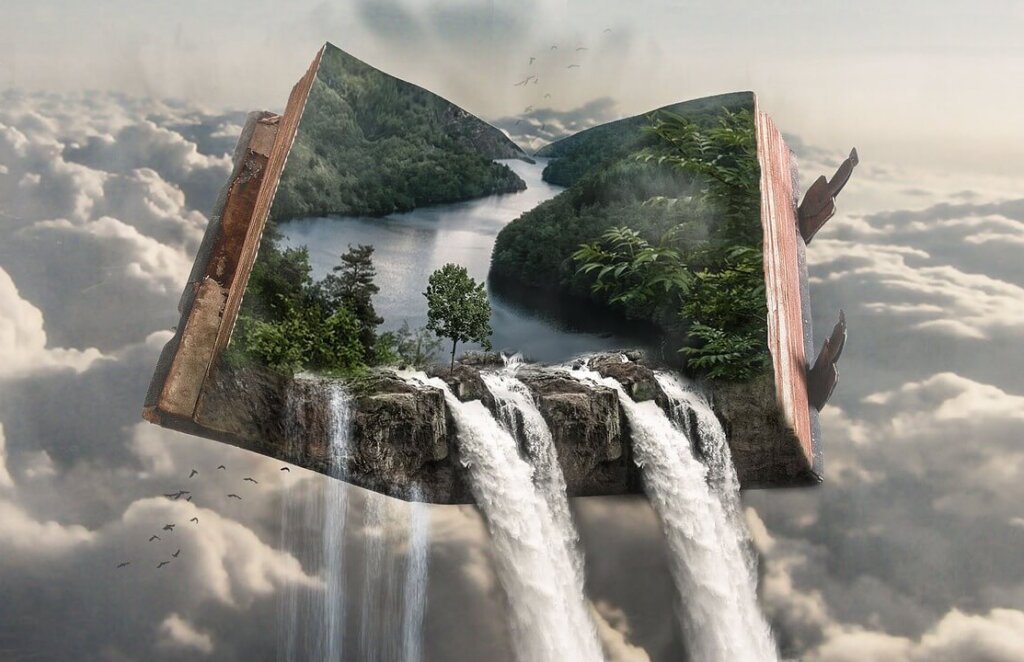
If you enjoyed this post, please subscribe to my mailing list for notice of new blog posts or book news.
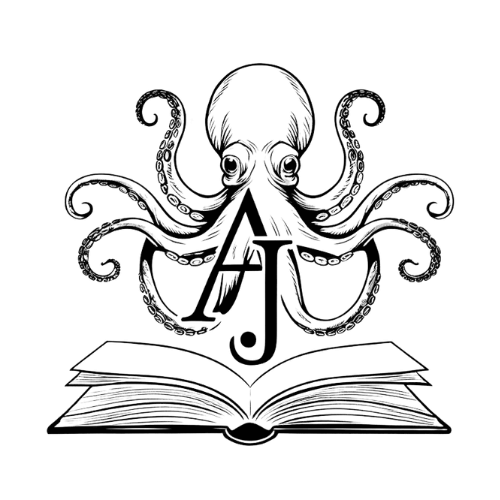



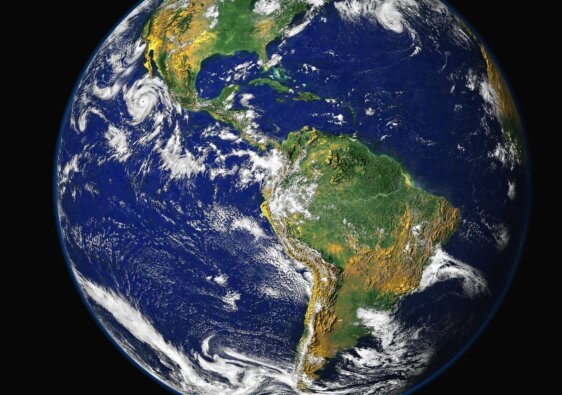
Annihilation is such a great entry point to Eco-Fiction! Area X is a character in such a significant way and the namelessness of the main character seems to mirrors the unnamed “Area X”.